Publications
Articles, publications, books, tools and multimedia features from the U.S. Institute of Peace provide the latest news, analysis, research findings, practitioner guides and reports, all related to the conflict zones and issues that are at the center of the Institute’s work to prevent and reduce violent conflict.

Scott Worden on Afghanistan’s Elections
Just back from Kabul, Scott Worden shares his analysis about the mood on-the-ground with the long overdue parliamentary elections set to take place this weekend. Taliban interference, fraud and voter turnout will greatly impact the election’s legitimacy, which will foreshadow what to expect for the 2019 presidential election.
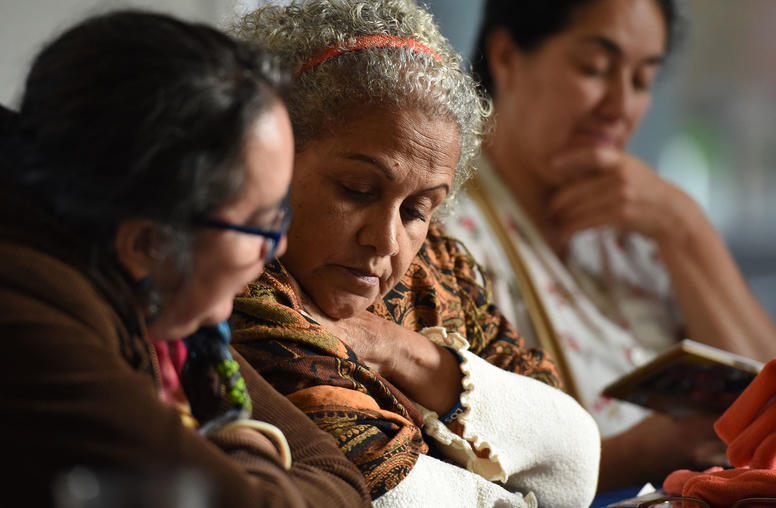
If we want to build peace, we can’t keep women out.
When nations affected by violent conflict try to make peace, the evidence is clear on what works. For a durable peace agreement, women must be included throughout the process. While the U.N. Security Council unanimously endorsed that goal in 2000, women still are excluded from peace processes. Among 504 peace accords signed by 2015, only 27 percent even mentioned women. A U.N. study of 14 peace processes from 2000 to 2010 found that women comprised only 8 percent of negotiators and 3 percent of signatories.
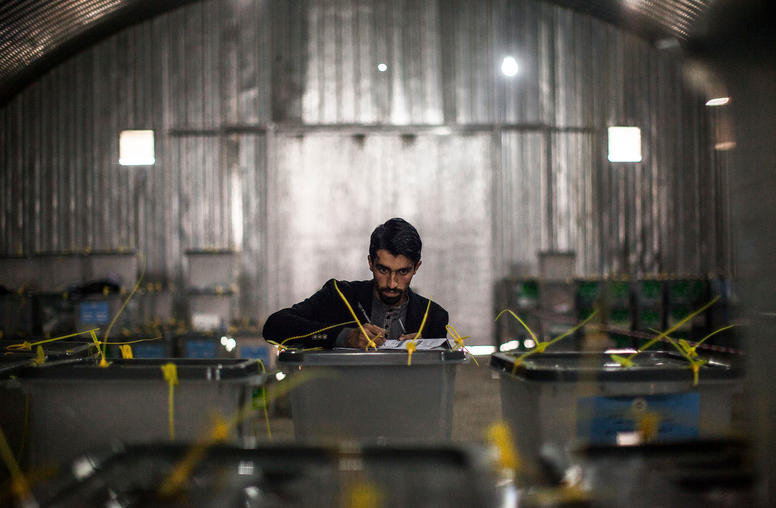
Afghanistan’s Parliamentary Vote: A Canary in the Presidential Poll Mine
There is a palpable sense of anticipation in Kabul days before parliamentary elections will be held. Blast walls, billboards and powerline poles are plastered with the campaign posters of the hopeful candidates. With 800 candidates competing for 33 seats in Kabul, winning a seat in the province will be challenge. The possibility of successful electoral process nationally is equally daunting, however, as poor security, delayed preparations and the last-minute introduction of electronic voter verification machines (in a country with spotty electricity) make pulling off a credible vote a real gamble.
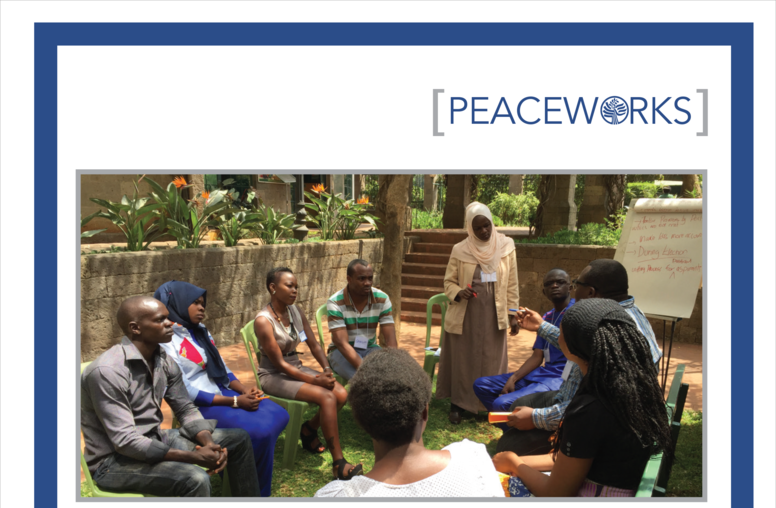
Participatory Action Research for Advancing Youth-Led Peacebuilding in Kenya
One-third of today’s generation of youth—those ages ten to twenty-four—live in fragile or conflicted countries and are susceptible to the sway of ideological narratives of violent extremism. Evidence suggests, however, that they also play active and valuable roles as agents of positive and constructive change.

Mona Yacoubian on the State of Play in Syria
Mona Yacoubian discusses the state of play in Syria ahead of important withdrawal deadlines this week for removing heavy weapons from Idlib province. Yacoubian also discusses the waves of migration forced by the crisis, noting that 2018 has been the worst year to date for internally displaced Syrians; and the recent news that U.S. special operations forces are likely to remain in the country indefinitely to prevent a possible re-emergence of ISIS.

Central America: To Slow Refugees’ Flight, Reduce the Violence
The flow of asylum seekers from Central America’s Northern Triangle to the U.S. border stems from intense violence fueled by corruption, drug trafficking, gang culture and poverty, specialists on the struggling region said.
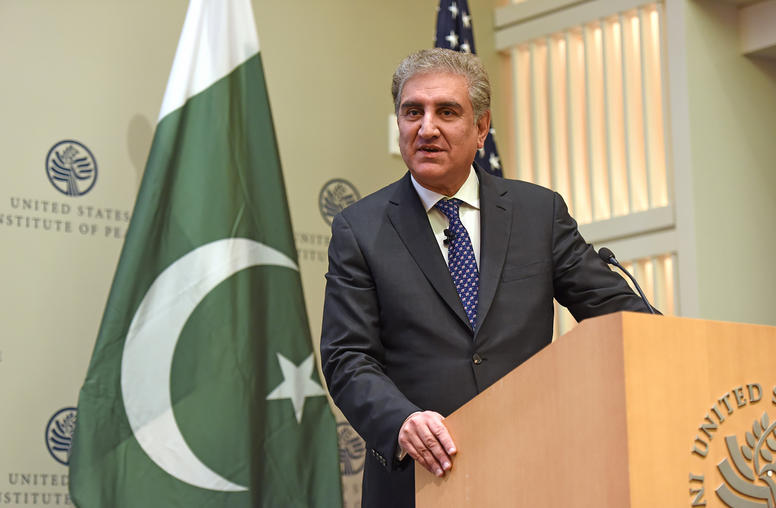
Pakistan Pursues a ‘Reset’ in U.S. Relations
Even with U.S.-Pakistani relations badly frayed over the war in Afghanistan, Pakistan’s new government wants to seize an opportunity for a political solution of that war, Pakistani Foreign Minister Shah Mehmood Qureshi said October 3. A “new convergence” of thinking among the Pakistani, Afghan and U.S. governments is creating much of that opportunity, Qureshi said at USIP in his first visit to the United States under the two-month-old government of Prime Minister Imran Khan.

Jonas Claes on Election Risk in the Democratic Republic of Congo and Ukraine
Jonas Claes provides risk analysis for elections taking place in the Democratic Republic of Congo in December and in Ukraine in March, 2019. A combination of complicating factors ranging from ongoing conflicts, outside meddling, logistical hurdles and voter apathy top Claes’ concerns that election violence could be stoked in both elections.
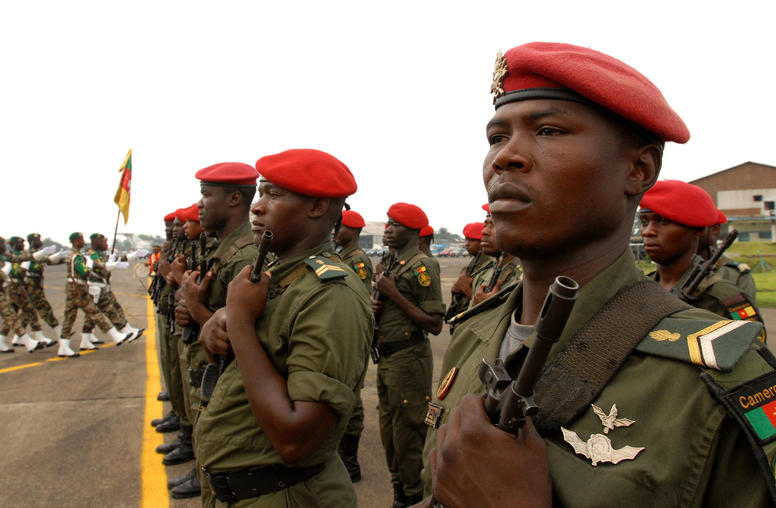
Cameroon’s Anglophone Uprising: A Crisis Overlooked
The African nation of Cameroon has lived for years between the fires of civil warfare—in Nigeria to the west and the Central African Republic to the east. But the authoritarian regime of President Paul Biya for years has suppressed peaceful and moderate dissidence, violating citizens’ human rights with impunity, helping ignite an armed conflict with members of Cameroon’s anglophone minority.
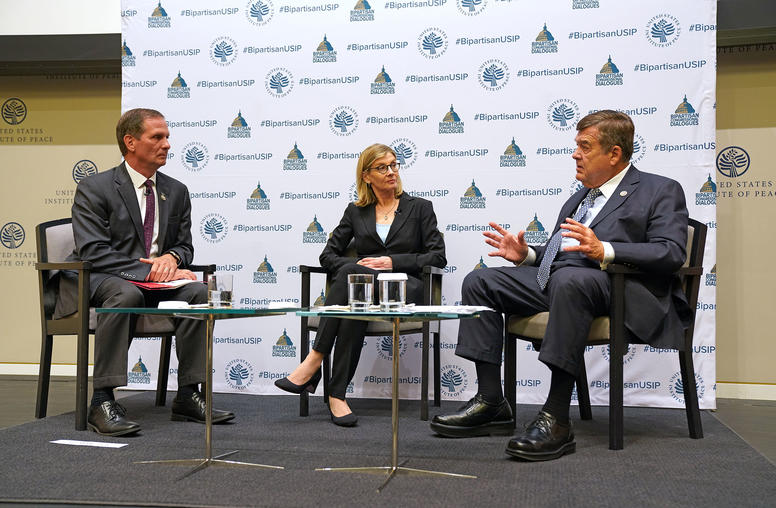
America’s Vital Needs on China Policy: Realism and Strategy
As U.S. national security debates focus heavily on the growing power and ambitions of China, two prominent members of Congress discussed how bipartisan policymaking can better protect America’s interests. Representatives Chris Stewart (R-UT) and Dutch Ruppersberger (D-MD) emphasized a need for strong engagement in Washington between the political parties, and for focused U.S. attention on China’s military buildup, intellectual property theft and cyber activities. Both congressmen are members of the House of Representatives subcommittee that oversees the U.S. foreign affairs budget, and both have played leading roles on national security and intelligence issues.